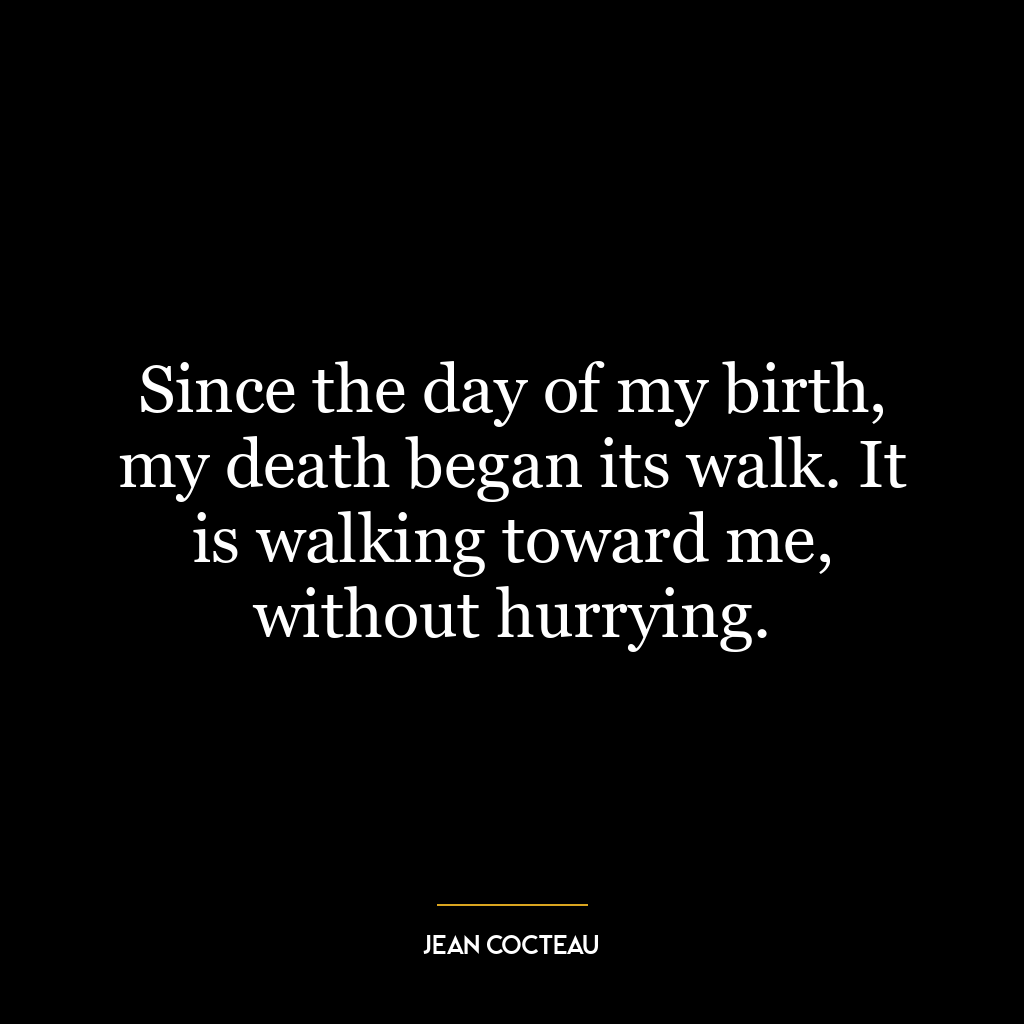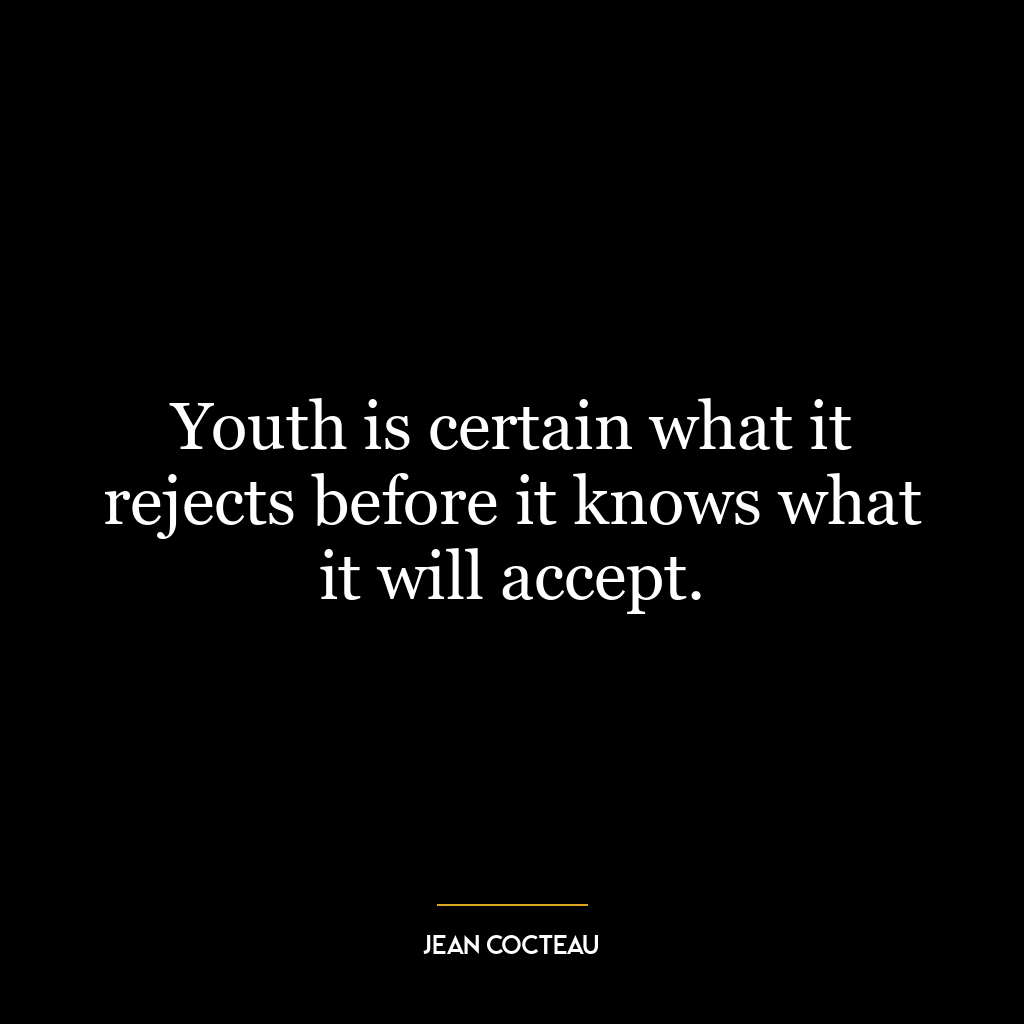Do not repine, my friends, said Mr. Pecksniff, tenderly. “Do not weep for me. It is chronic.”
The quote, “Do not repine, my friends, said Mr. Pecksniff, tenderly. ‘Do not weep for me. It is chronic.'” is an interesting one. On the surface, it seems that Mr. Pecksniff is trying to comfort his friends, telling them not to feel sorry for him because his condition, whatever it may be, is chronic – it’s something he’s been dealing with for a long time and will continue to deal with.
However, there’s a deeper layer to this quote that touches on the human condition. It suggests the idea of acceptance and resilience in the face of adversity. Mr. Pecksniff is not seeking sympathy or pity, but rather, he is showing a level of acceptance and stoicism about his situation. The use of the word ‘chronic’ implies that he has been dealing with this issue for a long time and has come to terms with it.
In today’s world, this quote can be related to how we deal with personal struggles, be it physical or mental health issues, personal loss, or any other kind of adversity. Many people go through chronic struggles, and often, the best way to cope is not through pity or sympathy, but through acceptance and resilience.
In terms of personal development, this quote can serve as a reminder that everyone has their own battles to fight. Rather than seeking pity or sympathy, it’s more beneficial to accept the situation and work towards dealing with it in a positive and resilient way. It also highlights the importance of empathy and understanding towards others who may be dealing with their own chronic issues.








